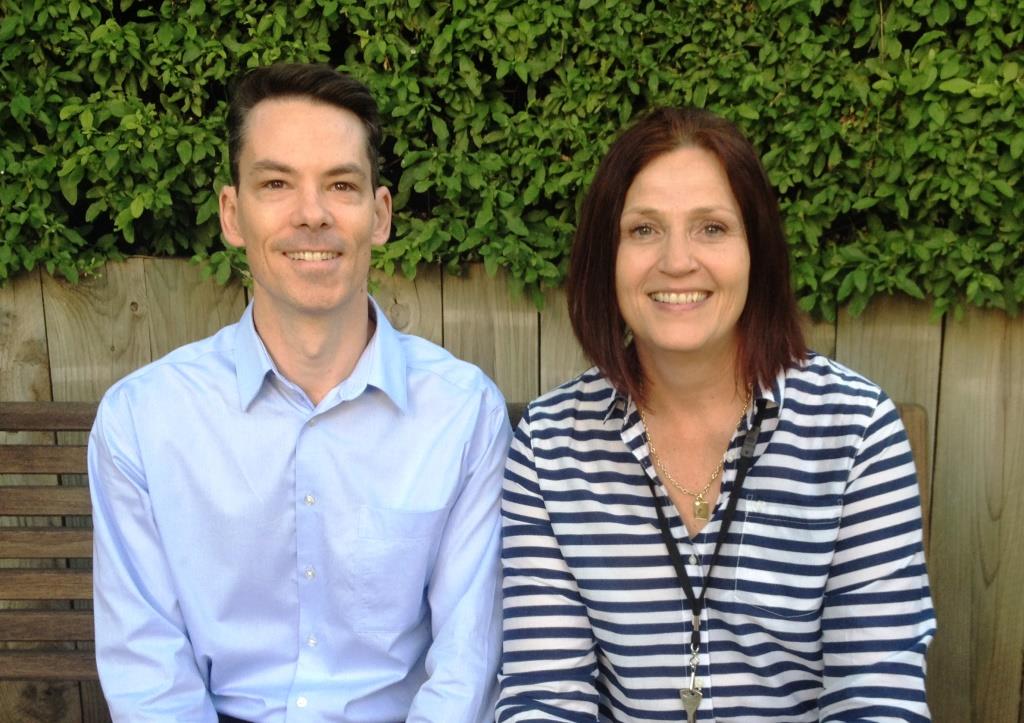
Psychology researchers are calling for participants in a new posttraumatic stress disorder (PTSD) therapy trial which aims to improve people’s recovery after a traumatic event.
The holistic approach, which builds on the standard use of trauma-focused cognitive behavioural therapy (CBT), aims to provide additional support for survivors of traumatic events ranging from assault, torture and abuse to accidents or natural disasters.
“The likelihood of being exposed to a traumatic event is common, with about 75% of people reporting at least one traumatic event in their lives,” says Flinders University Posttraumatic Stress Research Unit Professor Reg Nixon, who is leading the research trial in Adelaide.
“Although the majority of people don’t go on to develop post-traumatic stress disorder, the impact of the symptoms for those who do can be significant and debilitating, affecting people’s work, relationships and their general quality of life.”
With about 4.4% of the adult general population suffering PTSD every year, common symptoms include negative thoughts and mood, distressing memories, flashbacks, nightmares, avoidance or feeling numb, sleeping problems, difficulty concentrating, irritability or even anger.
The Flinders trials invites people to participate in up to 15 free counselling sessions to assist them to deal with the symptoms of trauma and to improve their outlook and lifestyle.
Professor Nixon, from Flinders’ School of Psychology, says trauma-focused CBT is one of the recommended psychological treatments for PTSD and is a method that has good results in dealing with a range of traumas.
“However not everyone responds to the standard delivery of this therapy and some people drop out before the therapy has had a chance to significantly reduce their symptoms,” he says.
“We will be trialling a new way of delivering therapy: one that allows some flexibility in how the therapy is conducted, and which can spend some time targeting some of the factors we know can predict a poor outcome.
“This could be things like a person wanting to avoid therapy or if another problem, say depression, is interfering with treatment progress.”
The facilitator of the trial, psychologist Ms Marja Elizabeth, would like to hear from participants who live in the metropolitan Adelaide region.
“I have seen people change their entire outlook on life, even if they have been experiencing symptoms of PTSD for several decades,” says Ms Elizabeth, who was a therapist on an earlier pilot program.
The counselling sessions are available to people over the age of 18 who have experienced a traumatic event, have developed symptoms of PTSD and can commit to weekly therapy sessions.
People who wish to participate will be screened to determine eligibility for the trial, and be asked to participate in assessment interviews both before and after treatment, and again six months after therapy.
Ms Elizabeth urges members of the community to pass on the information to anyone who has sustained a traumatic event and are experiencing symptoms as a result.
If you are interested in finding out more about participating, please contact Marja Elizabeth – Ms Marja Elizabeth, Psychologist, PTST Trauma Unit, Flinders University T: +61 8201 5995 E: traumaunit@flinders.edu.au

